Ever wondered how perfumes are created?
Students from Bartley Secondary School will give you a scoop on how it is created through their Applied Learning Programme.
The programme not only aims to enthuse students to explore STEM, it also cultivates the habit of learning beyond the curriculum.
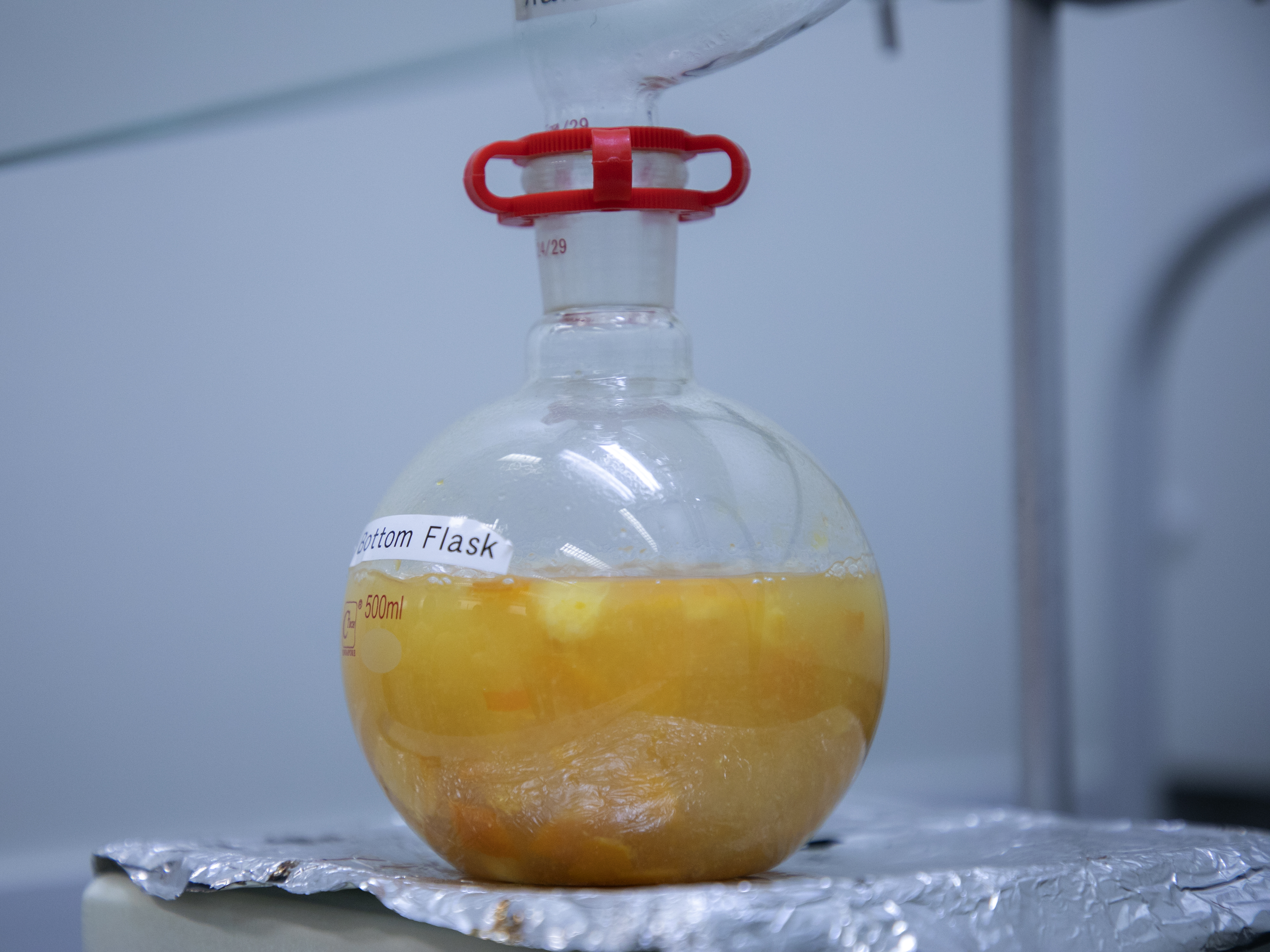
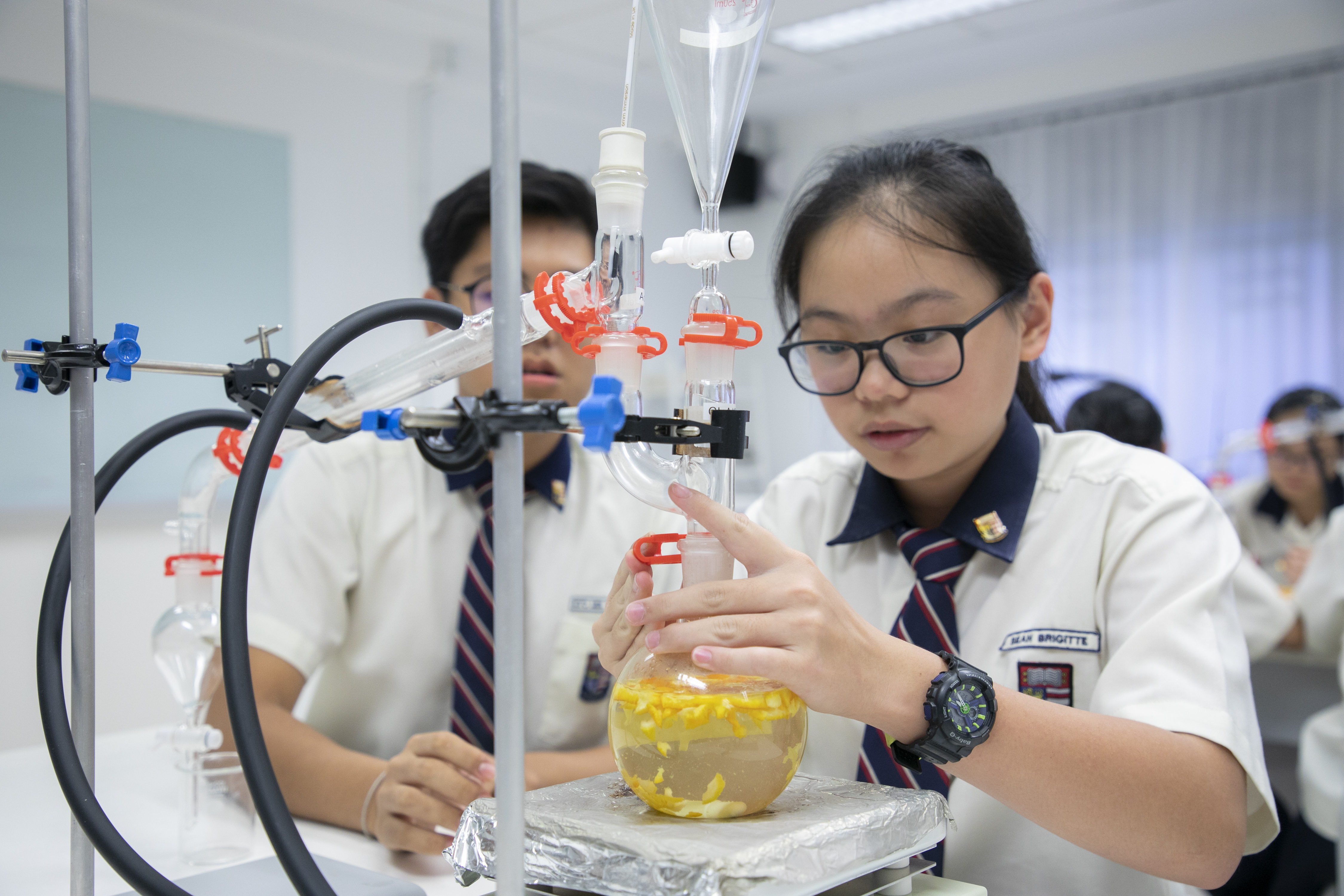
In Secondary One, students learn the process of extracting essential oils from citrus fruit skins using a modified steam distillation method.
This is Brigette. She is preparing to boil the orange peels. The peels need to be boiled for several hours before the extraction of essential oil.
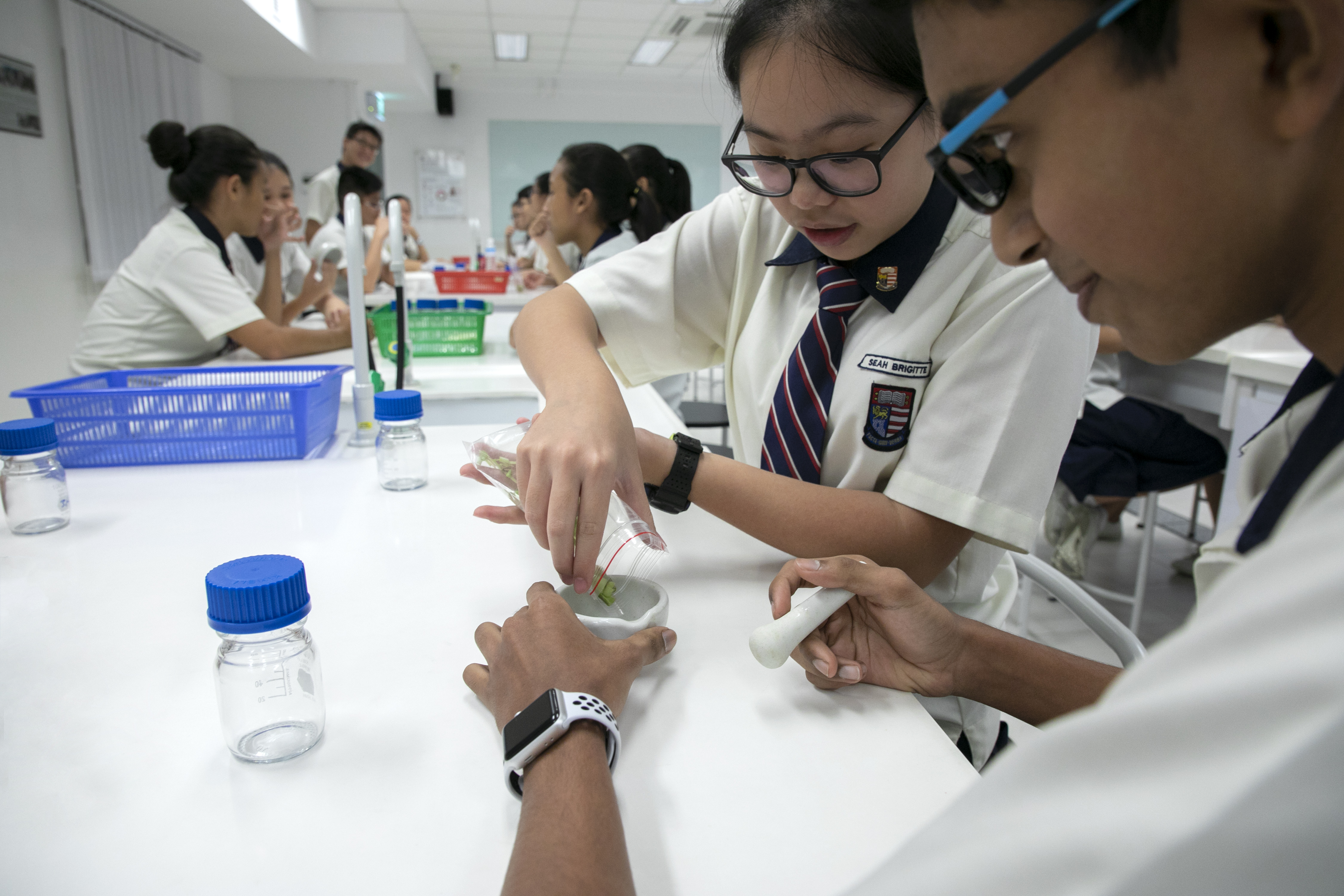
Bridgette and Amir showed us another extraction method known as the enfleurage where essential oils from flowers is extracted with olive oil.
The flowers were crushed using a pestle and mortar.
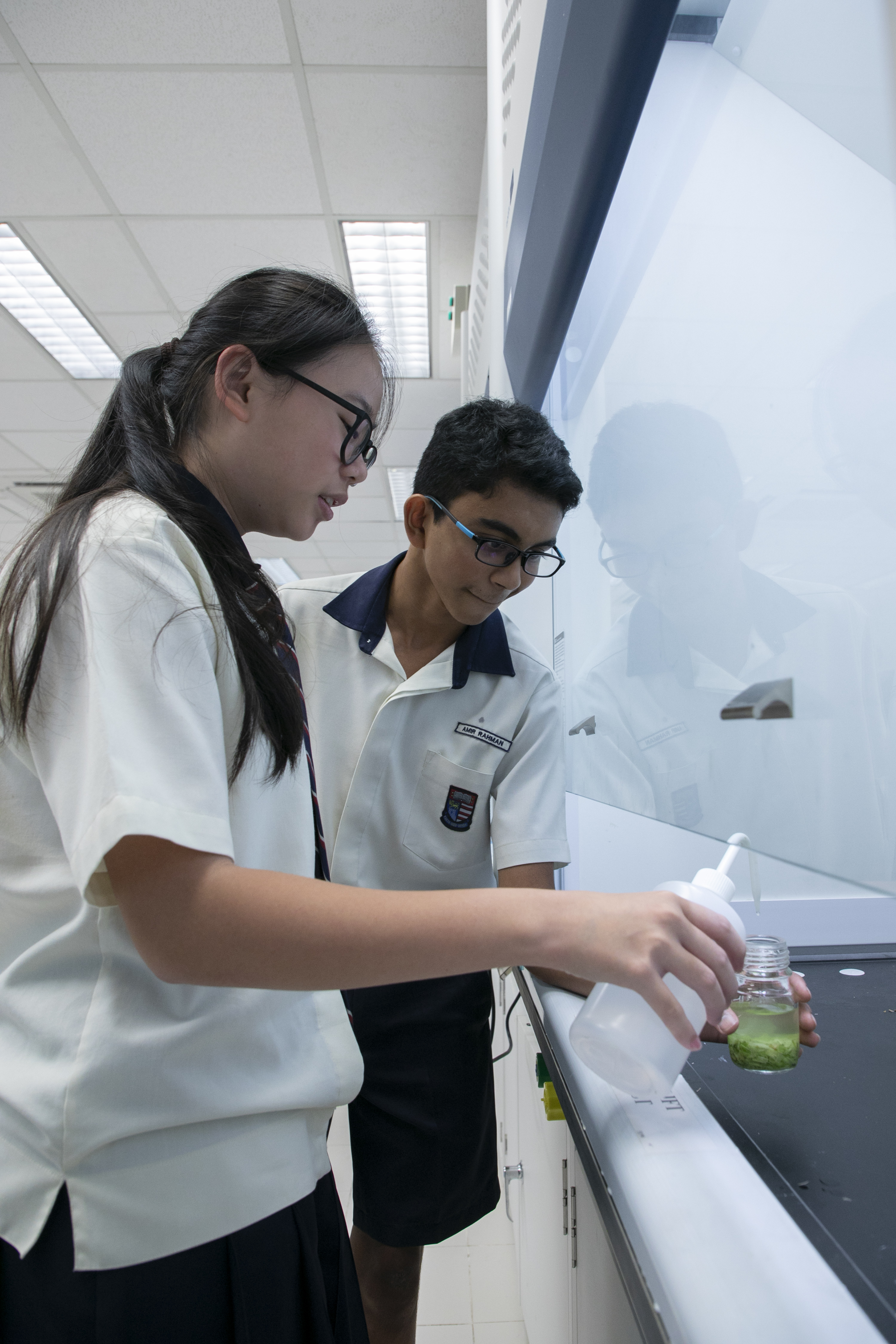
Another alternative is by using alcohol, where essential oils are extracted from spices and plants.
Brigitte and Amir chose to soak crushed lemon grass in alcohol.
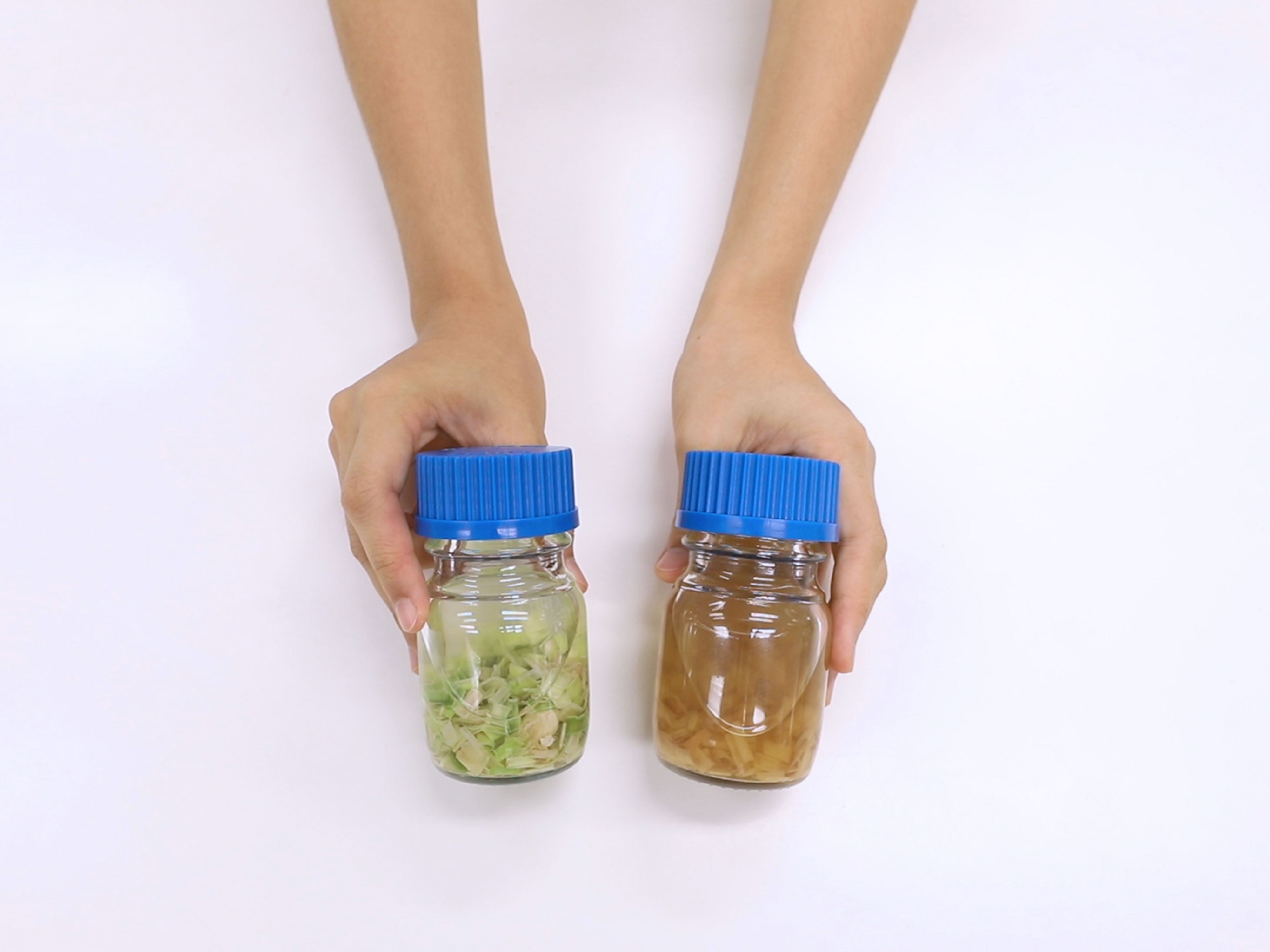
The different mixtures made were left aside for a week before extracting the essential oil.
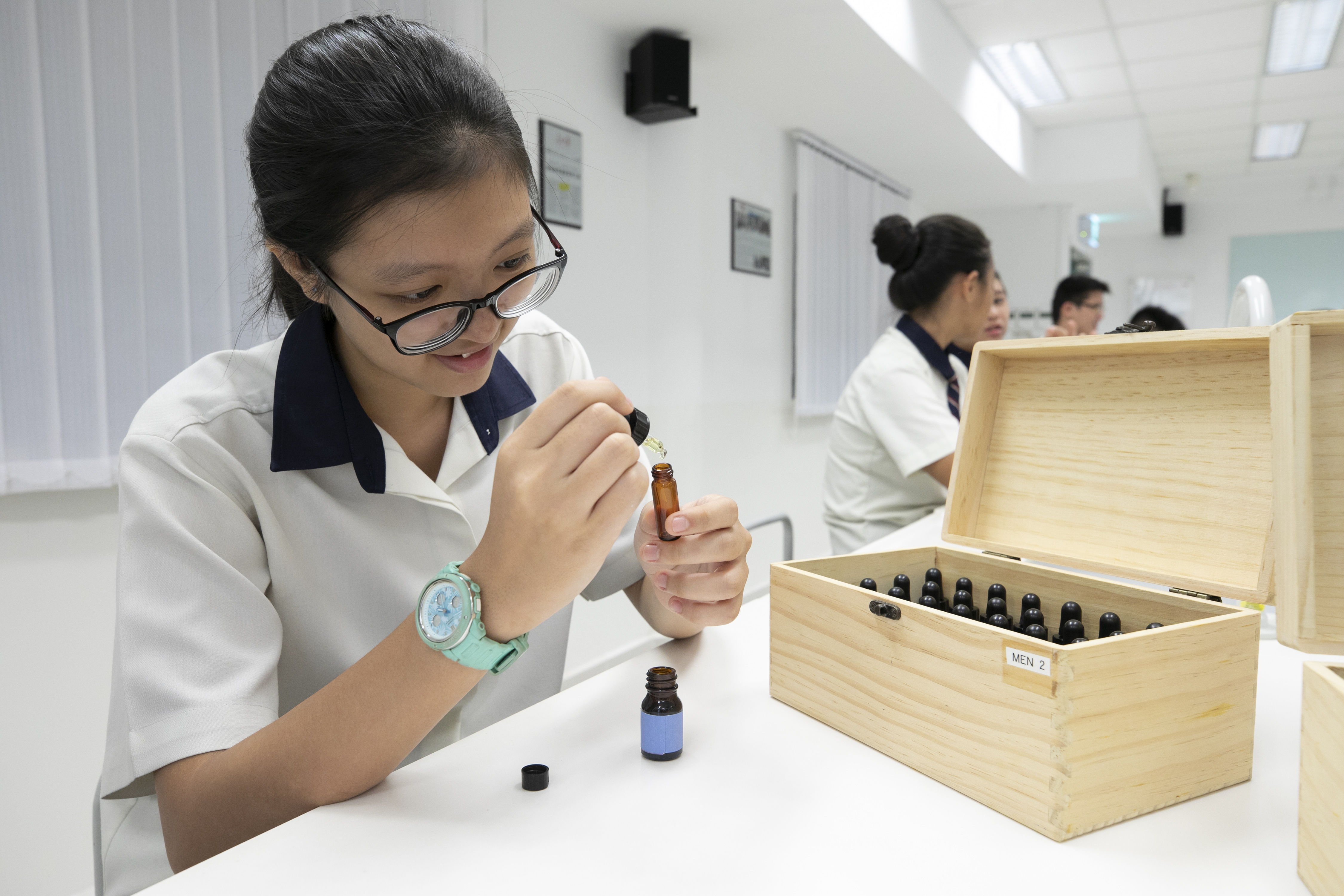
The Secondary 2 students delved deeper.
They explored how they could formulate unique perfumes using essential oil concentrates.
Using a droper, Emmamuelle carefully transferred droplets of different concentrates into a tiny vial containing ethanol to create her own desired fragrance.
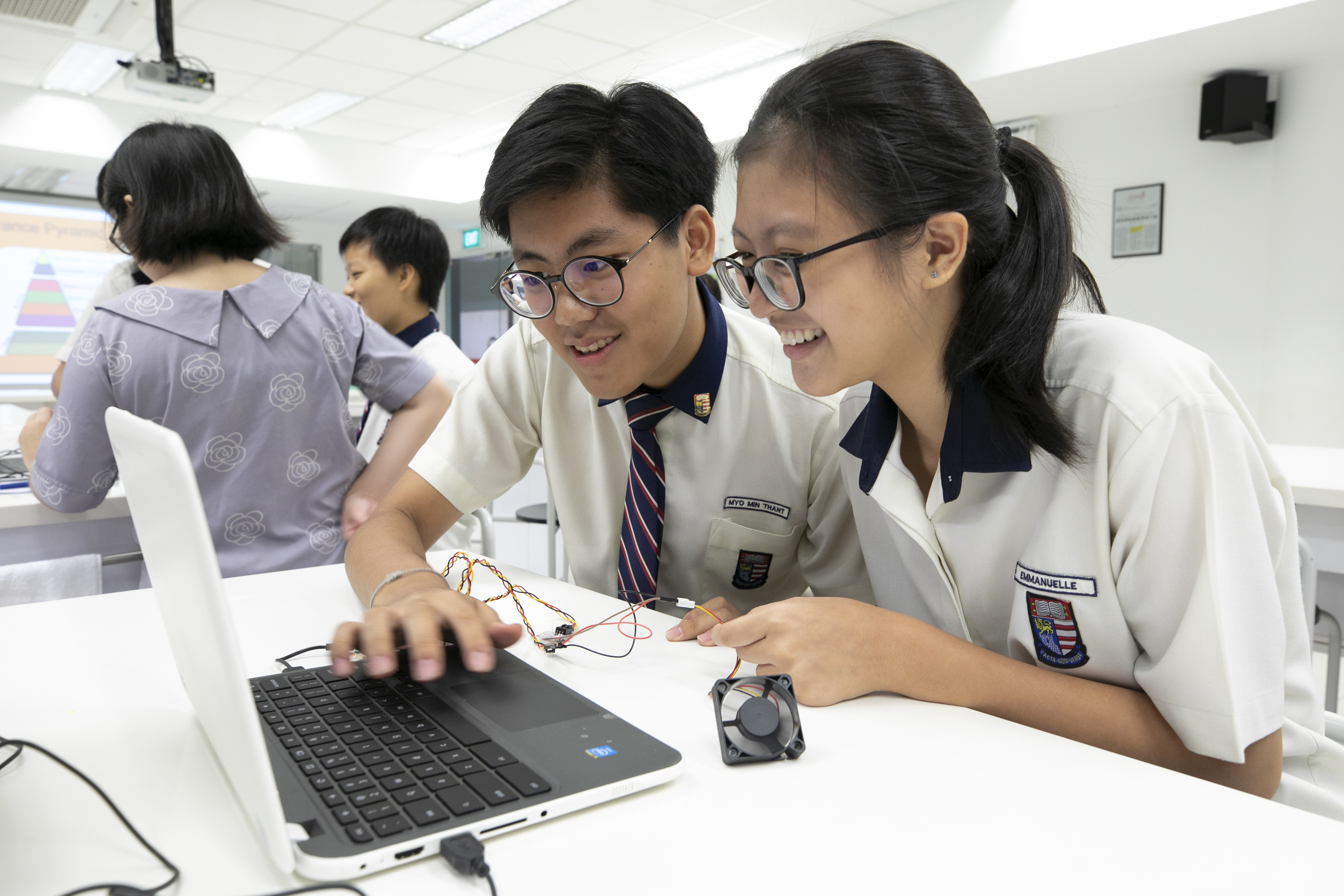
They also learned and applied the Design-Thinking Process to create a unique DIY perfume diffuser.
They individually enhanced their product further with light, sound, temperature, time or/and movement sensors using the Micro:bit (a pocket-sized codable computer).
Here, we see Emmanuelle and Min Thant using the Makecode software to programme their Micro:bit to control an electric fan that will help to diffuse the fragrance from their diffuser.
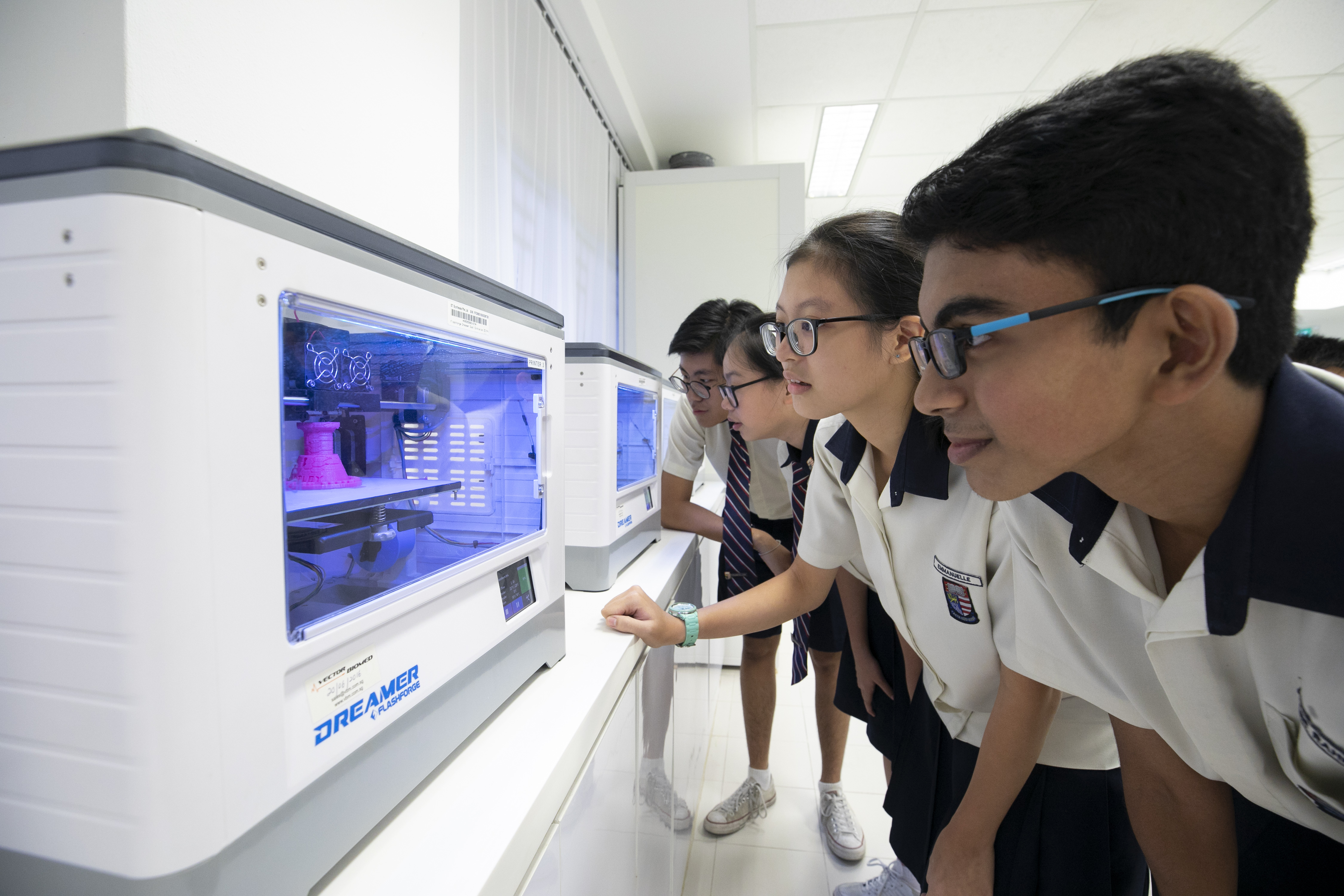
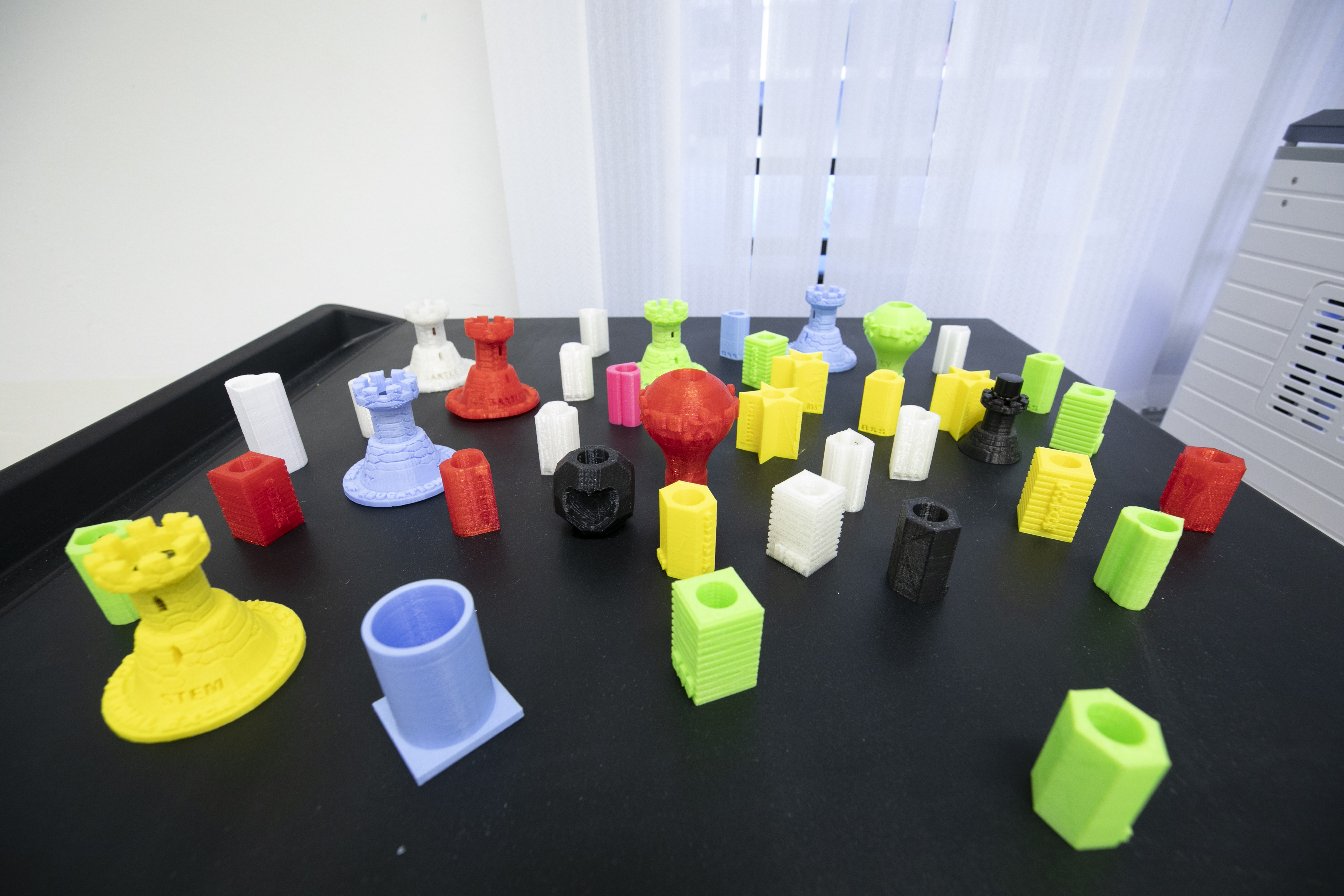
Thereafter, the students used a computer-aided design (CAD) software to design their distinctive diffuser and a 3D printer was used to print their perfume diffuser.
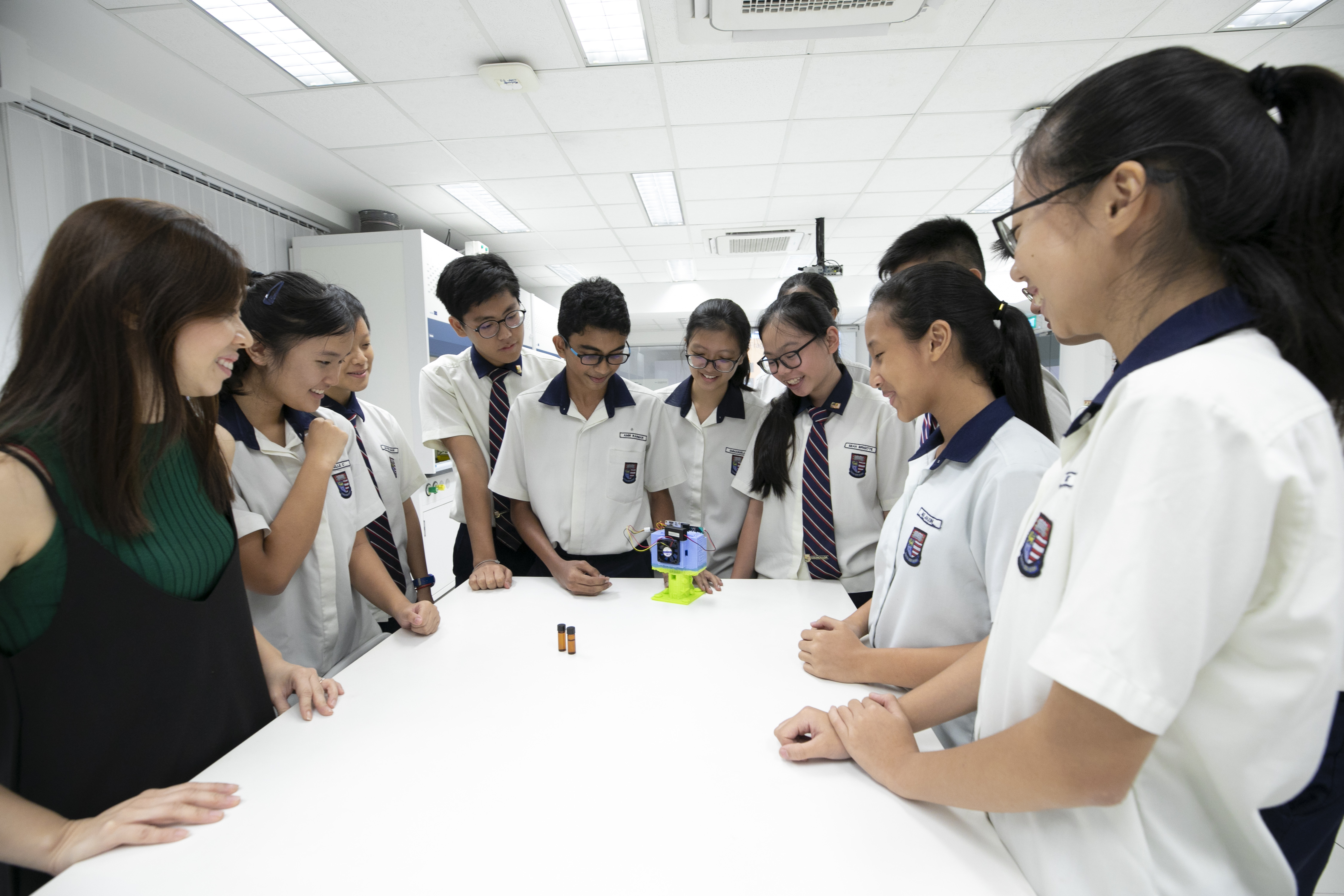
Students presented their prototypes to the class and shared on the various aspects that worked well and what could be done to improve their projects.
The best part, they get to keep their individualised perfumes as souvenirs.
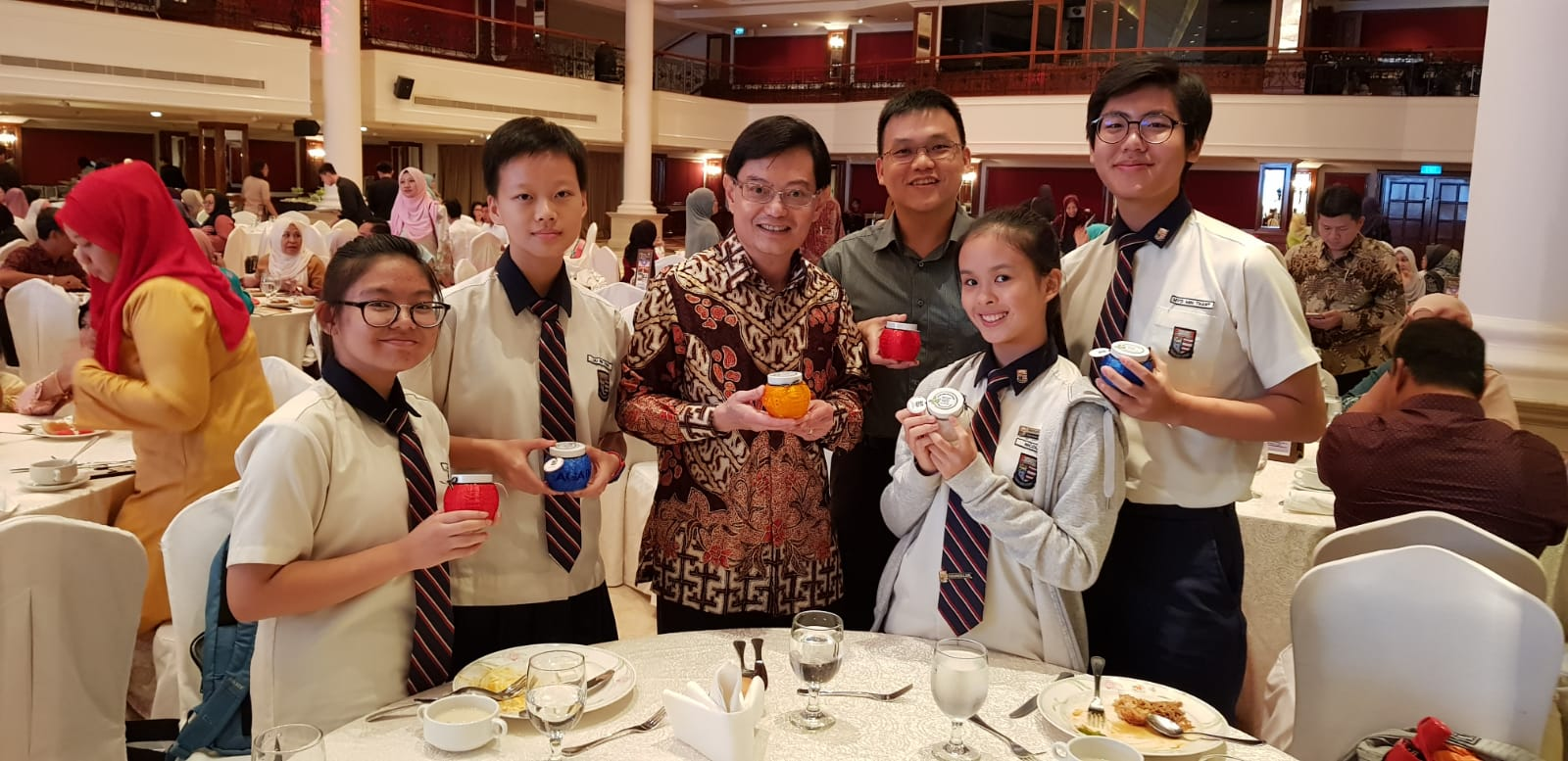
Their works were also used as gifts for special ceremonies such as the recent Anugerah Guru Arif Budiman 2018 award presentation where the students designed and produced door gifts for the guests in the form of scented wooden cubes, housed in a 3D designed bottle.
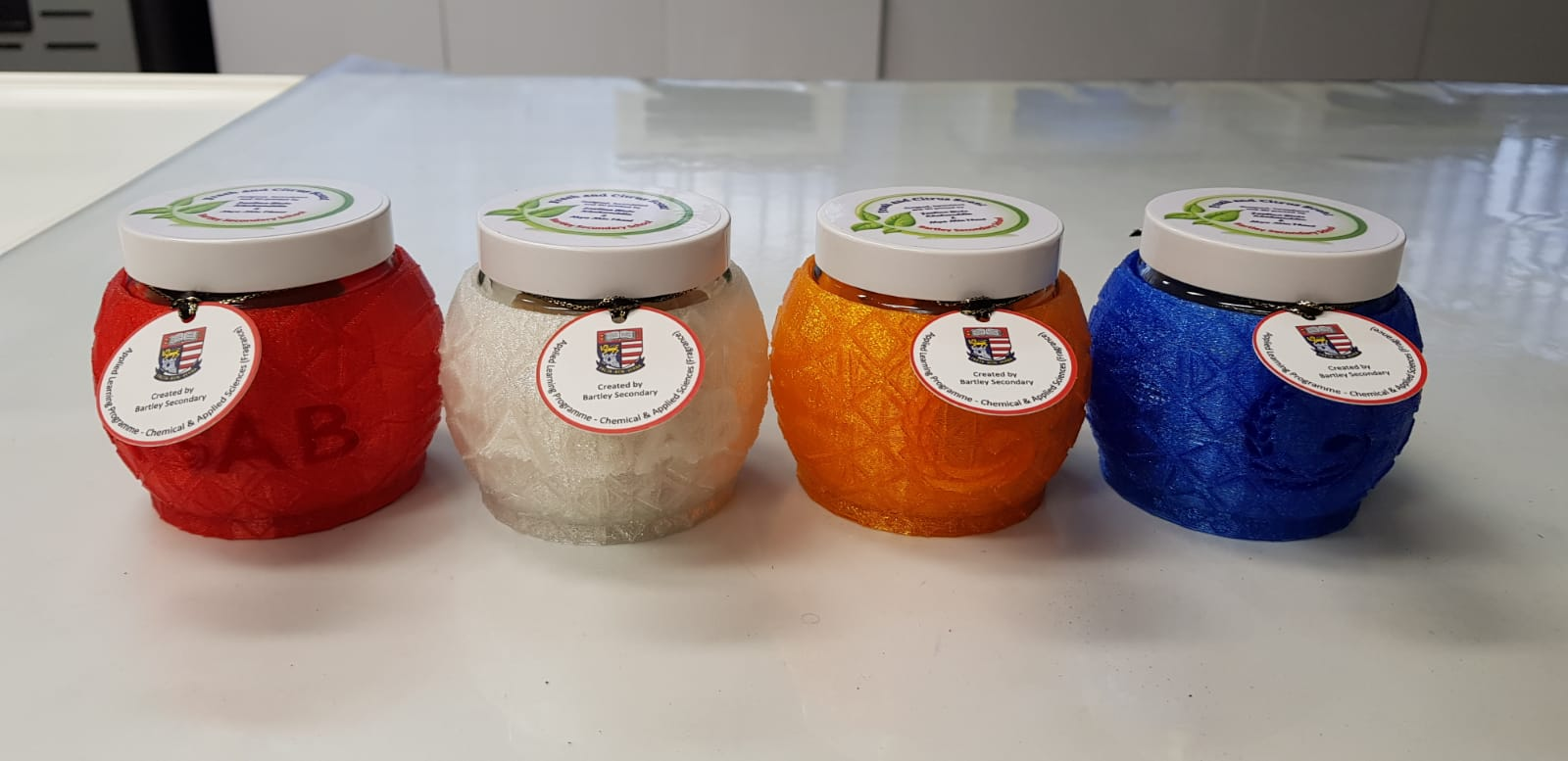
Plans have also been made, in collaboration with the school’s Entrepreneur club to customise and create fragrances as well as other fragrance-related objects for the public at a nominal fee.
Kudos to our young perfumers, keep innovating!



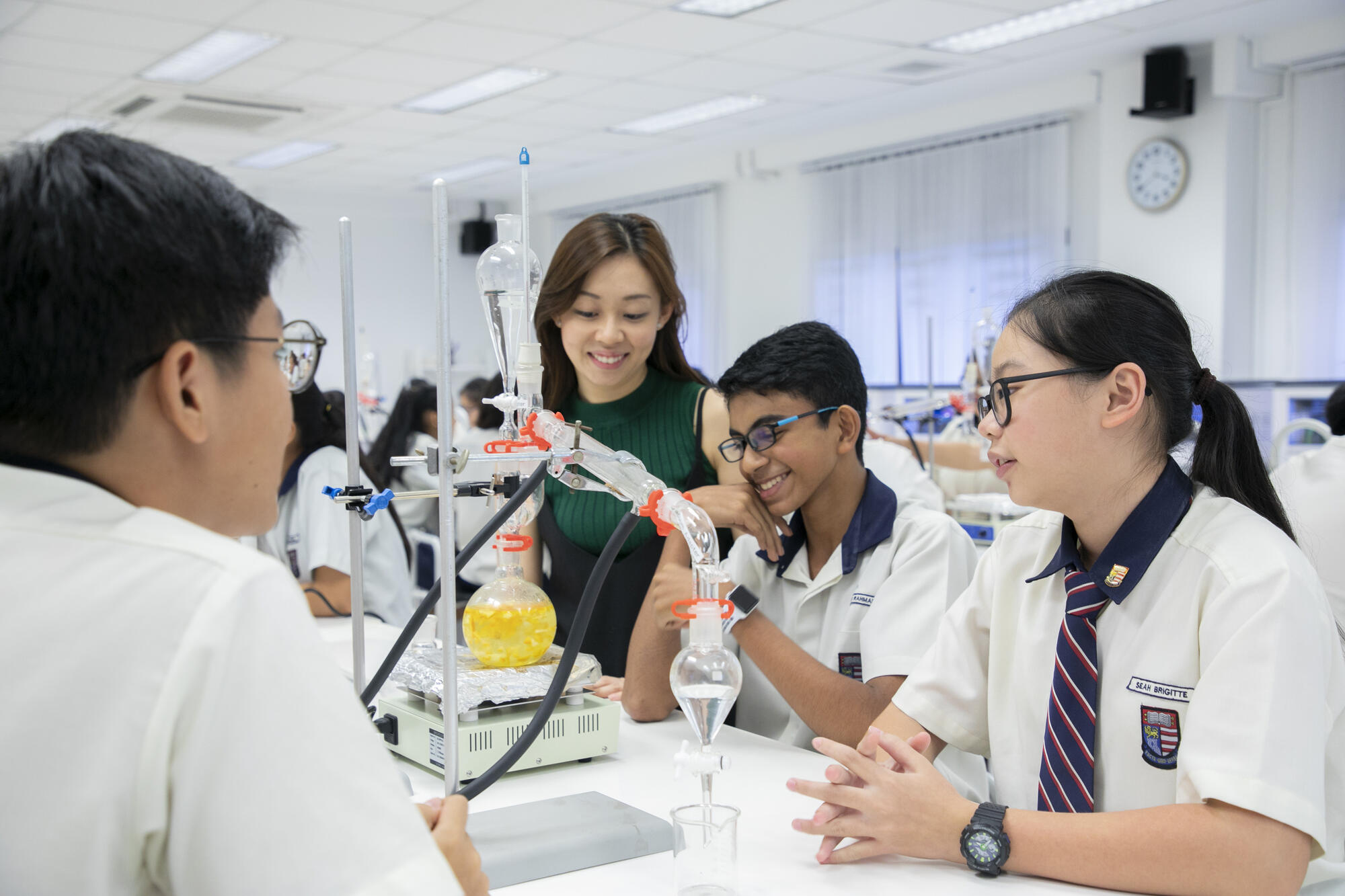
33767ba7a8a66eb2afccc900c73e6f2e.jpg)
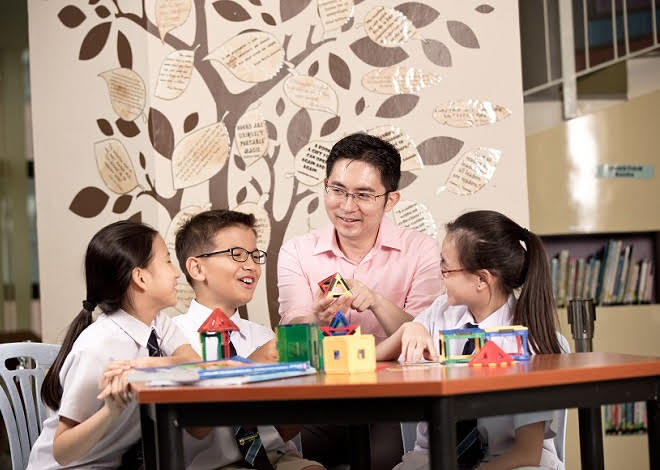
.jpg)